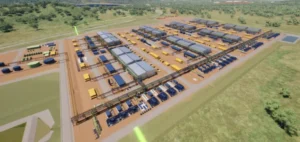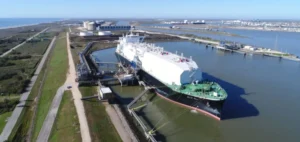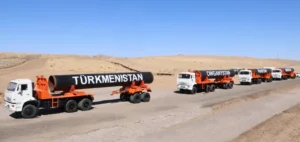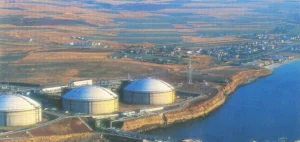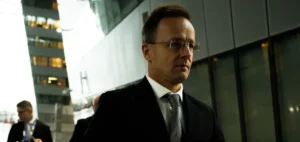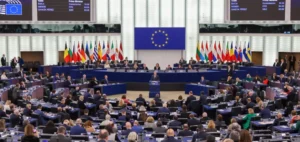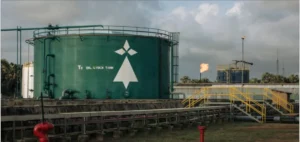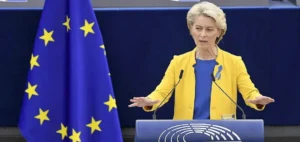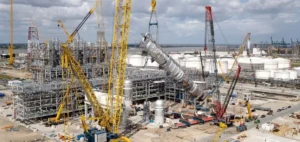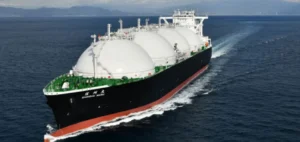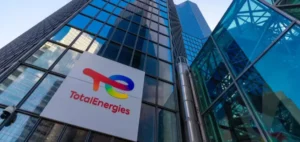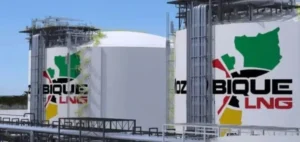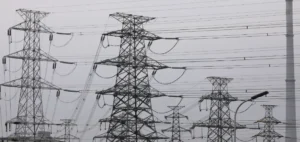The incursion of Ukrainian forces into Russia has led to a sharp rise in gas prices across Europe.
The Dutch TTF futures contract, Europe’s main natural gas index, jumped 4% to 40.005 euros per megawatt-hour (MWh), peaking at 40.475 euros, its highest level since December.
This rapid rise was the direct result of fears about gas supplies, exacerbated by the Ukrainian attack on a critical transit point at Sudzha.
This surprise offensive in the Kursk region involved around 1,000 Ukrainian soldiers and armored vehicles, disrupting a daily gas flow of 42 million cubic meters through the last major pipeline linking Russia to Europe via Ukraine.
Impact on European supply
The state of emergency declared in the Kursk region, a key area for the delivery of Russian gas, reflects the strategic importance of this region.
In June, gas transit via Ukraine had already reached an all-time low of 334 million cubic meters per day, according to Ukrainian pipeline operator OGTSOU.
This situation is attributed to Moscow’s “gas blackmail”, further complicating supply prospects to Europe.
Analysts believe that any major disruption of the Sudzha pipeline before the end of the year would force Europe to look for alternatives, notably in the form of liquefied natural gas (LNG).
This would increase competition with buyers from Asia and South America, leading to higher prices.
Increased volatility in the gas market
Since the start of the Russian offensive in Ukraine, European countries have been trying to reduce their dependence on Russian hydrocarbons.
However, any reduction in Russian supplies leads to increased price volatility.
DNB analysts point out that the Ukrainian incursion immediately sparked fears, causing gas prices to rise.
This situation illustrates the persistent challenges Europe faces in securing its energy supplies in an unstable geopolitical context.
Experts predict that Europe will have to step up its efforts to diversify its sources of supply and increase its LNG storage capacities.
International cooperation with LNG suppliers will be crucial to ensure the stability of the European energy market.
Strategies for secure supply
Diversification of energy supply sources is essential to minimize the risk of disruption.
Investment in LNG infrastructure and international partnerships will play a key role in reducing dependence on traditional gas pipelines.
At the same time, increased storage capacity will enable us to better manage fluctuations in supply and demand on the European gas market.
The Ukrainian incursion into Russia highlights the vulnerabilities of Europe’s energy supply.
Rising gas prices underline the importance of robust, diversified energy strategies to guarantee sustainable energy security in an uncertain global environment.



